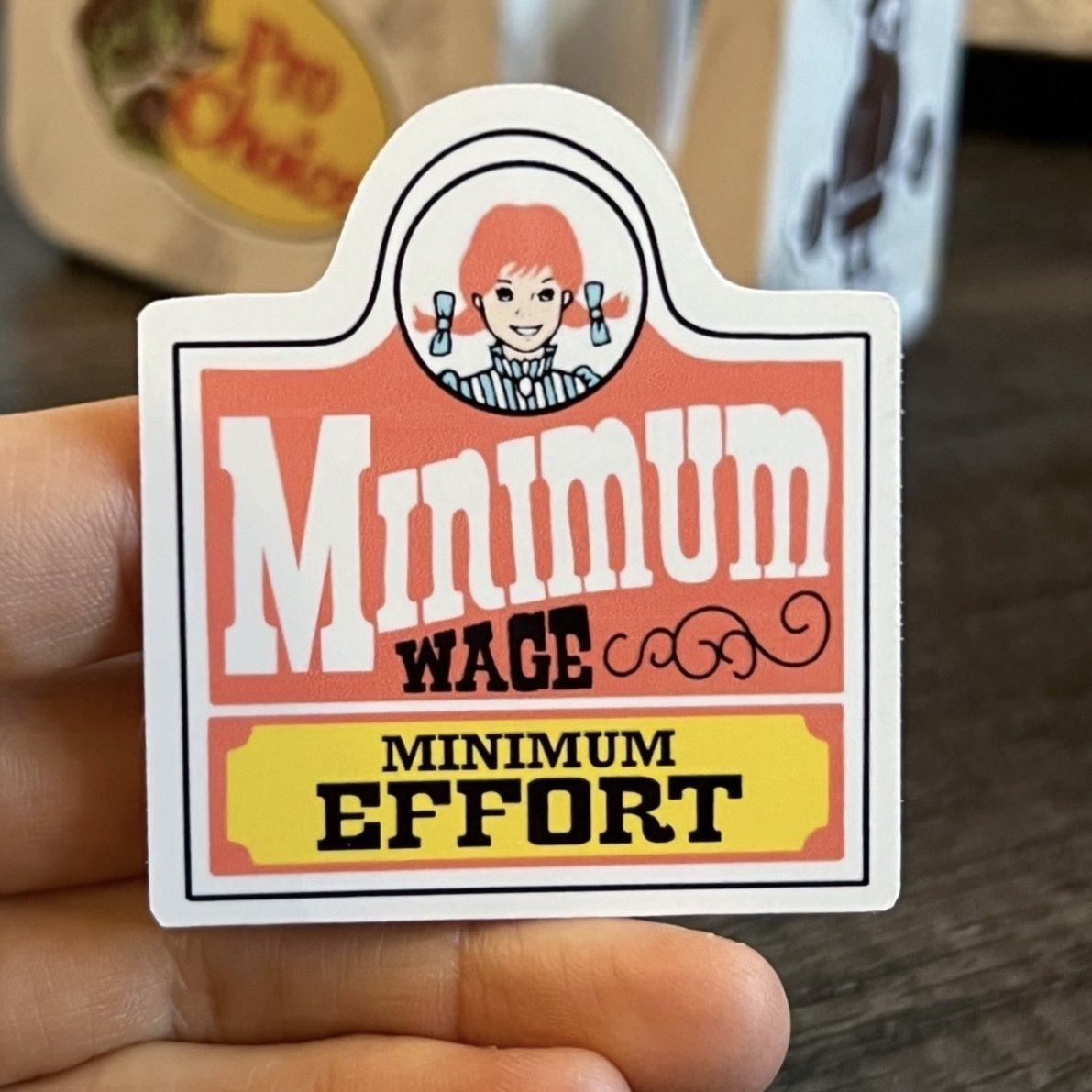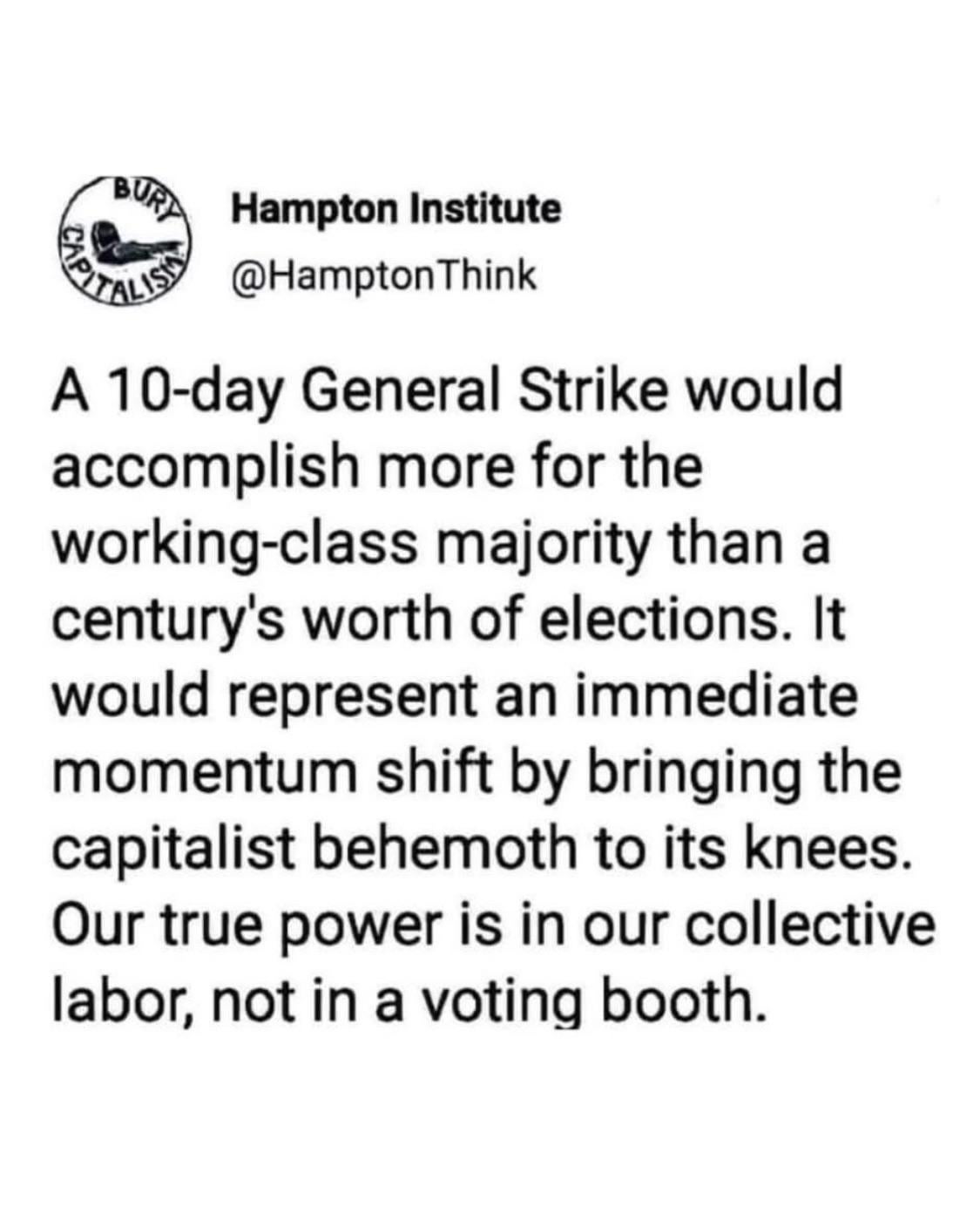“I was playing heroines, but in real life I wasn’t earning a living,” said Shibata, now 60. These days, she also works as a home organizer, helping people de-clutter. “Voice acting as a profession just doesn’t pay,” she said.
Even in a country where a culture of overwork permeates a wide range of businesses, the anime industry is notorious for the grueling hours that workers put in. Animators in their early 20s earn less than 2 million yen ($12,948) a year, according to industry data, compared with over 3 million yen for a person of a similar age living in Tokyo. That’s less than half of what US entry-level animators earn, websites like Glassdoor show. Creative workers also complain of late and uncertain payments.
Some, though, sense change is afoot. A working group for the United Nations Human Rights Council last year called out Japan’s anime industry for its poor treatment of workers, along with cases of sexual violence and harassment in the country’s entertainment business. In a May report, the group referred to “excessively long working hours” and low pay, as well as a disregard for creative workers’ intellectual property rights.
Acknowledging such worries, lawmakers passed a new law that took effect in November to boost protections for freelance workers. Late last month, regulatory officials at Japan’s Fair Trade Commission launched a study on labor practices within the anime industry and invited workers to submit complaints.
Once considered a geeky, so-called otaku obsession, anime is now considered mainstream. In 2020, when the pandemic brought Hollywood production to a halt, Demon Slayer: Mugen Train topped global box office sales at over $470 million. In Japan, around 400 anime titles are now produced for TV and theaters every year, attracting dedicated fans who go on to buy related merchandise. The genre’s popularity among global streaming audiences has also prompted a flurry of acquisitions. Sony, which bought anime streaming service Crunchyroll in 2021, became the largest shareholder of anime publisher Kadokawa Corp. in an alliance announced late last year. Movie producing and distributing company Toho Co. bought US-based anime distributor Gkids Inc. for an undisclosed amount to strengthen the Japanese firm’s US reach.
That later evolved into the current system in which studios work within budgets set by powerful committees of publishers, toymakers and businesses which finance the series and share royalties. Production companies outsource work to small anime studios and voice actors’ agencies, which in turn hire even smaller companies and freelancers. This helps companies work on multiple series at once and mitigate any potential losses. As a result, revenue is spread thinly, and it can take months for compensation to filter through to illustrators and voice actors.
Actors often wait six months or longer to get paid, according to Nobunari Neyoshi, who until last year ran a voice actor agency alongside his sound-production business for a decade. “Violations of subcontracting laws are rampant,” said 47-year-old Neyoshi, adding that sometimes actors don’t get paid at all. He closed his voice-acting business due to poor sales.
Workers are also often employed over the phone or via messaging apps without formal contracts, leaving it unclear how much, or even whether, they’ll get paid. “It’s common across the industry to be asked to start working on something even before any paperwork is done,” said Aina Sugisawa, a 24-year-old trainee at Tokyo-based studio TMS Entertainment Co., part of Sega Sammy Holdings Inc. and known for hit series like Detective Conan.
Unlike in Hollywood where a strike by screenwriters and performers brought movie and TV production to a halt in 2023, the majority of Japanese voice actors and illustrators don’t belong to labor unions. Numako, the former union official, says he’s always struggled to convince colleagues to join him.
The new law on freelancers forces companies to provide written contracts, including details on pay, to all workers. Businesses are now prohibited from demanding extra work without promising additional pay and are also required to pay workers within 60 days. The government is stepping up surveillance, and regulators are also inviting workers to blow the whistle on law-breaking activity.
One underlying problem, industry insiders say, has been the sheer number of people willing to endure poor conditions just to be involved in an art form they’ve loved since childhood. Breaking into the industry is still highly competitive; manga and anime illustrators regularly rank among the top dream professions of school children. Some blame themselves for their lack of financial success: there’s always a more senior job to aspire to. Key frame animators are responsible for drawing crucial images at the start and end of major scenes and earn more than those drawing sequences in between. With skills and experience, they can also move on to better-paid jobs including directors. But such senior roles are few. The field of voice acting can be even more competitive.
Shrinking demographics and technological innovation including AI are also seen bringing change — as well as an existential challenge. Japan Research Institute expects a labor shortage among anime illustrators, estimating their number to decline to roughly 5,600 by 2030 from around 6,200 in 2019. Production studios have already been turning to overseas labor, with Toei Animation sending 70% of its animation work to a branch in the Philippines, even though crucial processes remain in Japan. Many fear that AI will replace jobs, particularly at the entry level, turning away younger artists.
Real change, though, will require workers to act rather than expecting laws to protect them automatically, said Yasunari Yamada, a lawyer with expertise in freelance work. “Freelancers need to recognize that they’re business operators, and take action if they think something’s wrong,” he said.
Some are starting to speak up. Shibata, the voice actor, recently learned that a video game using her voice was reissued a few years ago without paying her royalties. After decades of work under her belt, including key roles in popular series like Saint Seiya, a story about mystical warriors, she complained, prompting the publisher to agree to a payment.
“People have just been clinging to whatever job they get, because if you say something negative you’re put out to pasture,” she said. “Everyone’s been putting up with it.”





